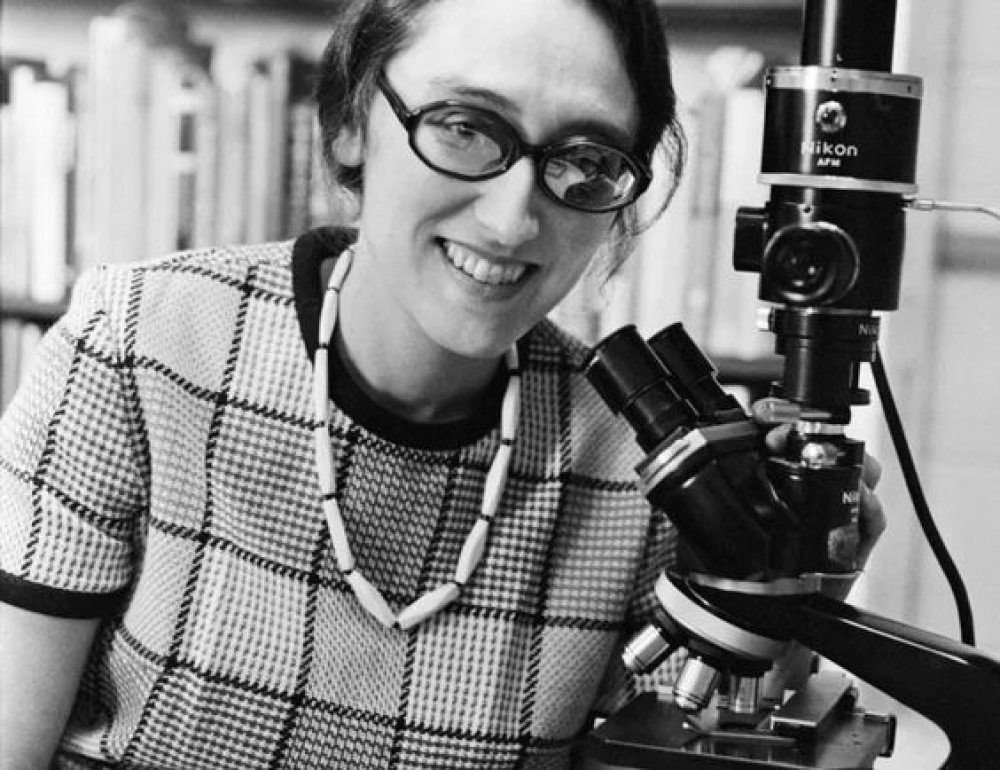
In the scientific community, Lynn Margulis is known as a rebel – and she’s as synonymous with the theory of symbiosis as Charles Darwin is with evolution. Her serial endosymbiotic theory of eukaryotic cell development, the idea that early cells combined to become more complex, completely revolutionized the conception of how life began on earth.
Margulis claimed that inherited variation, significant in evolution, does not come mainly from random mutations, but that new tissues, organs, and even new species evolve primarily through the long-term intimacy of separate living things. She discussed the idea in her first book, Origin of Eukaryotic Cells, which was published in 1970. At the time, her theory was regarded as inconceivable, but it has since been widely accepted. She revisited this concept in 1981’s Symbiosis in Cell Evolution, suggesting that the symbiotic merger of cells with bacteria developed into the internal transportation system of the nucleated cell.
Margulis challenged neo-Darwinism, sparking a lifelong dispute with neo-Darwin biologists, and went head to head with the likes of Richard Dawkins, George C. Williams, and John Maynard Smith. She also co-developed the Gaia Hypothesis, which posits that living organisms interact with their inorganic surroundings on Earth to form a synergistic and self-regulating, complex system that helps to maintain and perpetuate the conditions for life on the planet. Science magazine dubbed her "Science's Unruly Earth Mother."
Margulis was born in 1938 and was a self-described naughty student who was frequently sent to stand in the corner. She attended the University of Chicago, where she earned her Bachelor of Arts in Liberal Arts, then studied Biology at the University of Wisconsin and graduated with a Master of Science in Genetics and Zoology. Later, she obtained her Doctor of Philosophy from the University of California, Berkeley. She also taught Biology at Boston University, where she was a faculty member for 22 years.
Throughout her career, Margulis was decorated with many awards and recognitions, including the National Medal of Science. Discover magazine recognized her as one of the 50 most important women in science. She passed away in 2011 at the age of 73 after a stroke.
